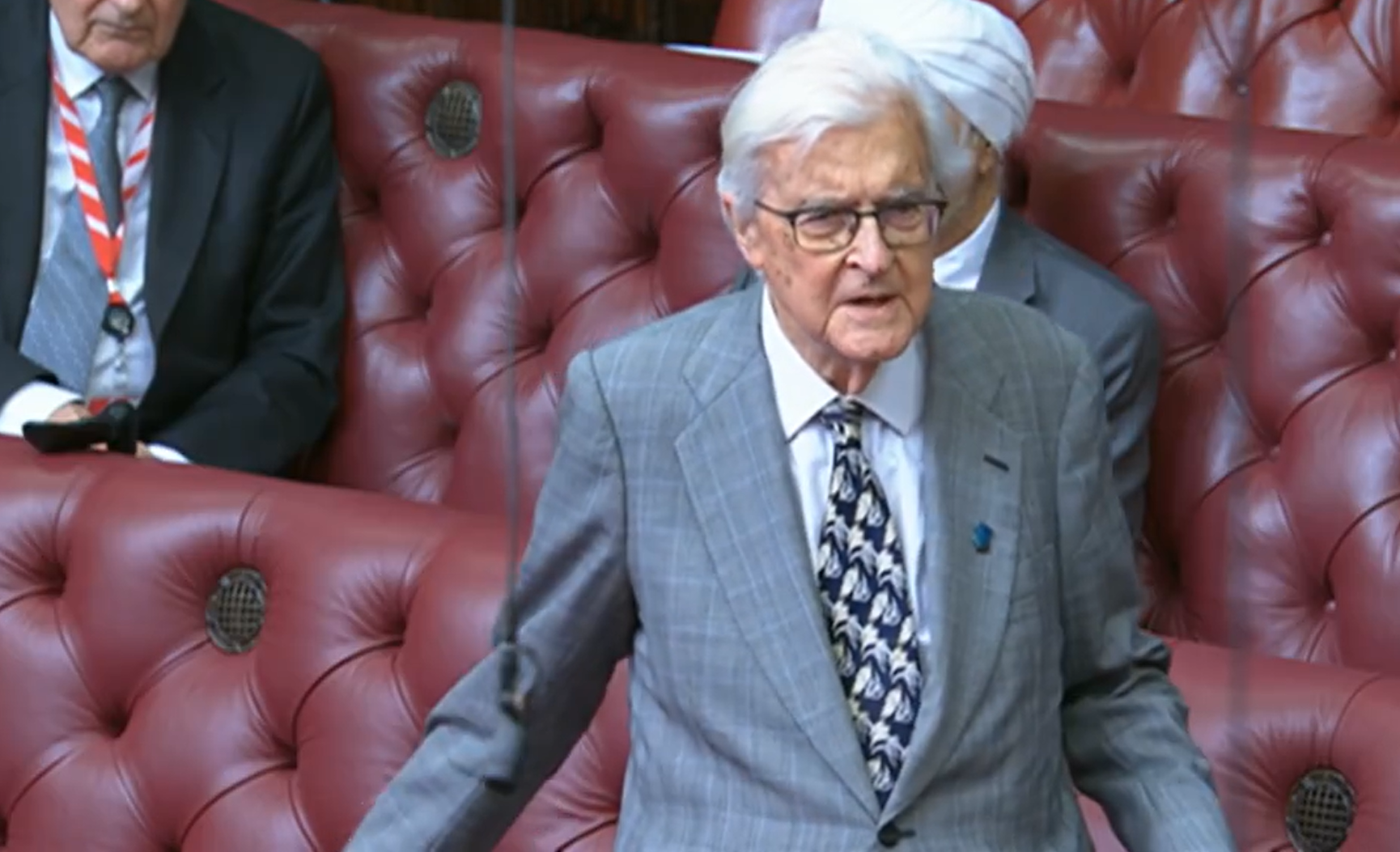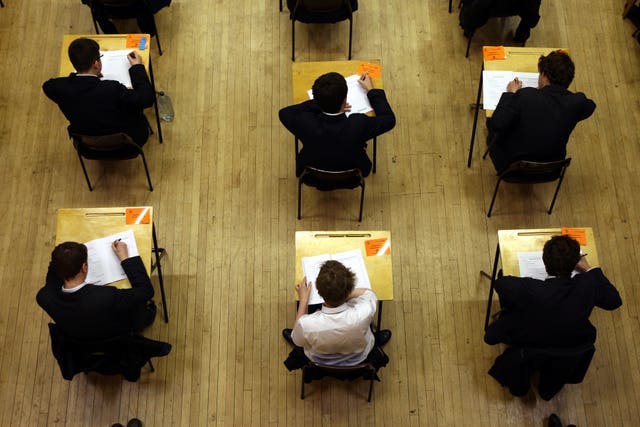Tory architect of GCSEs says Government review should scrap the qualification
Lord Baker of Dorking told peers: ‘I invented it and I now want to scrap it.’

GCSE exams “dominate” the education system and should be scrapped by the new Government, according to the Tory architect of the qualification.
Former education secretary Lord Baker of Dorking oversaw the introduction of GCSEs while serving as education secretary in the government of Margaret Thatcher in the 1980s.
But he described the level of testing on students as “absolutely absurd” and said GCSEs should become a “victim” of the curriculum and assessment review announced by the new Labour administration.
It will also work to ensure young people aged 16-19 have access to qualifications and training to prepare them for the workplace.
Lord Baker questioned the future of GCSEs as the House of Lords debated a report which called for the English Baccalaureate (EBacc) to be axed.
The EBacc is a set of subjects at GCSE that keeps children’s options open for further study and includes English language and literature, maths, the sciences, geography or history, and a language.
Lord Baker said the previous Conservative government “dismissed out of hand” the report when it was presented in December 2023.
Speaking on Friday, he told the House of Lords: “We were told that our recommendations to change the curriculum were absurd because the curriculum – which was EBacc and Progress 8 – was the best that had been invented by mankind and as for the assessment system of GCSE, the best examination system in the world, the person who invented it was brilliant.

“I spoke to a young student last week who has just done her GCSEs. I said, ‘How many exams did you take?’, she said ‘I took 27 exams, nine in five days’. That is absolutely absurd.
“The GCSE dominates the whole education system and I hope it’ll be a victim of the review that the Government sets up.”
Lord Baker said it was needed in the 1980s as 80% of children left school at 16, adding: “Now, only 5% leave at 16. The qualification that’s important is what people get at 18.”
The Education for 11–16 Year Olds Committee’s report warned the education system is too focused on academic learning and written exams, with reform “urgently needed”.
The Bishop of Chichester, the Rt Rev Martin Warner, earlier highlighted the importance of performance arts in the emotional development for youngsters.

“So, for example, a key rugby player can also be the lead in a dance troupe.
“And as we face an unprecedented surge in male violence against women, these performative processes of education that tackle emotional insecurities and unexamined prejudice should find an important place in any school curriculum.”
Replying for the Government, Labour whip Baroness Twycross said the planned review will contribute to its mission to “break down the barriers to opportunity” for youngsters.
She said: “The review will consider the national curriculum and statutory assessment system from five to 19, and pathways for learners in 16-19 education to drive high and rising standards for every young person.
“Many of its aims, terms of reference and working principles are very relevant to the committee’s recommendations and matters raised by noble Lords in this debate.”





